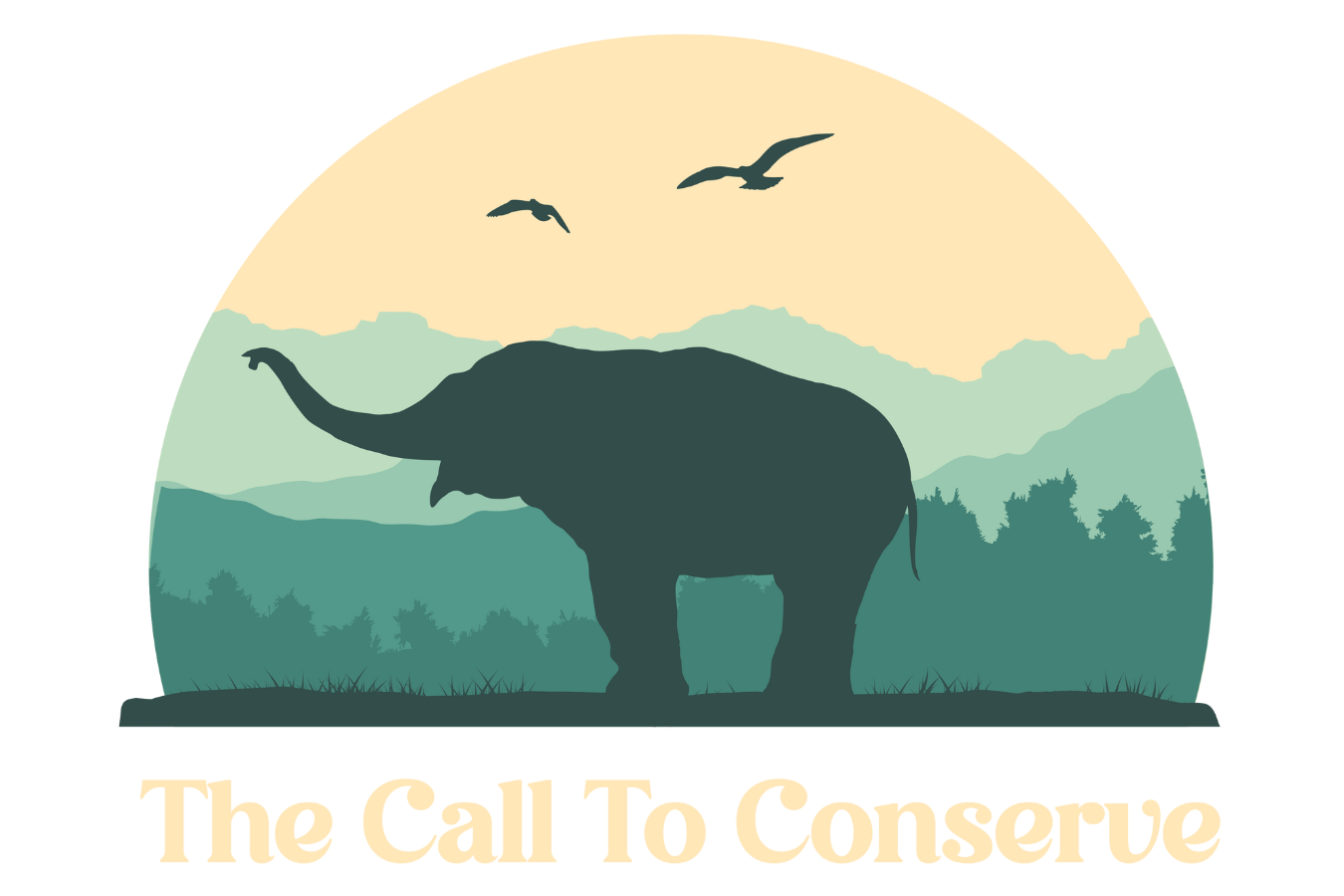Supporting Humans to Conserve Wildlife
Source: Global Wildlife Conservation
Over the past few weeks, I’ve been chatting with multiple people around the world who work in or close to conservation efforts. What all of these people have in common is their passion and care for the wildlife they share their homes with, and their reliance on the tourism brought in by the wildlife in order to survive.
It’s so easy to look at conservation from the outside and see it as a lot of great people working to make the world a better place for all living beings; however, in reality, there are millions of people around the world who are struggling to make ends meet due to their passion of conserving wildlife. Beyond the fact that working in conservation is by no means lucrative, much of it relies on donations, tourists, and funding.
Unfortunately, for many who are living in third world countries, they cannot just change careers and bring in more money for their families. In fact, many work in conservation because it is simply the only option! When conservation efforts take over in their area, their ability to make money begins to revolve around the money it brings in. During these times, it’s even harder for people to make money with the complete lack of tourism coming into their countries.
Conserving Humans
Although so many people dislike the tourism aspect of conservation, it’s a critical piece of the puzzle in order to bring in money. On top of this, the tourism aspect gives projects the ability to educate people about species that are struggling and spark a passion that they may not have had before being able to see these animals!
For example, around Virunga National Park, home to the mountain gorilla, there are communities that benefit from the tourism brought in by the gorillas. They are able to make bowls, artwork, clothing, and accessories and sell them to the masses of foreigners coming through their region. While these purchases may just seem like another souvenir purchase on your safari, this is how these people make their living!
This is also true in places like Thailand where local villagers sell garments, purses, and more of their homemade products to tourists that come through to see elephants and other wildlife. They put days into creating beautiful pieces that will attract tourists in order to put food on the table for their families.
How They’re Impacted by COVID-19
Right now, as the wildlife that so desperately need support are suffering, so are the humans that live near them. Sanctuaries and conservation efforts that rely on tourism are taking a huge hit right now with the global shutdown, and unfortunately, that means none of the people who profit from the tourism have a way of making any money.
This is leaving people starving and struggling to figure out how they’ll make it until the world can open back up. The reason I wanted to talk about this topic on the blog is to remind you that when support is taken away from conservation efforts, it is also taken away from local communities. Also, to remind you as you begin traveling again, that those who are making products rely solely on the support of tourists. Opting to buy your souvenirs from them rather than larger shops and chains can truly change somebody’s life.
How to Help From a Distance
Another reason I wanted to post this, was to highlight a Facebook page that was shared with me by a man who lives and works in Uganda. He lives on the edge of Bwindi Impenetrable National Park and with no tourists coming through to visit the gorillas, his family and village have been struggling. The revenue they relied on came to a stop practically overnight back in March.
What’s amazing is, the village decided to create a Facebook page where they can sell their wood carvings, art, bowls, clothing, and accessories to people all around the world! After viewing some of the things they create, I was blown away! All of their pieces are absolutely stunning, you can truly see the heart they put into each and every item.
I would encourage you to check out their page and support them if you have the means! As I come across more pages like this one, I will continue sharing them here so that we can continue supporting those who need us most during these unprecedented times.
Remember that supporting conservation does not just mean supporting wildlife or environmental efforts, it’s also supporting humanitarian efforts, contributing to helping those in need, and conserving our own species! The world can be just a little bit smaller if we continue spreading kindness and having each other’s backs.
🐘 We're proud to partner with SafetyWing to provide travel insurance for ethical travelers.
When you use our affiliate link, you’re directly supporting our nonprofit’s work in wildlife welfare and ethical tourism.
Learn More & Get Covered








